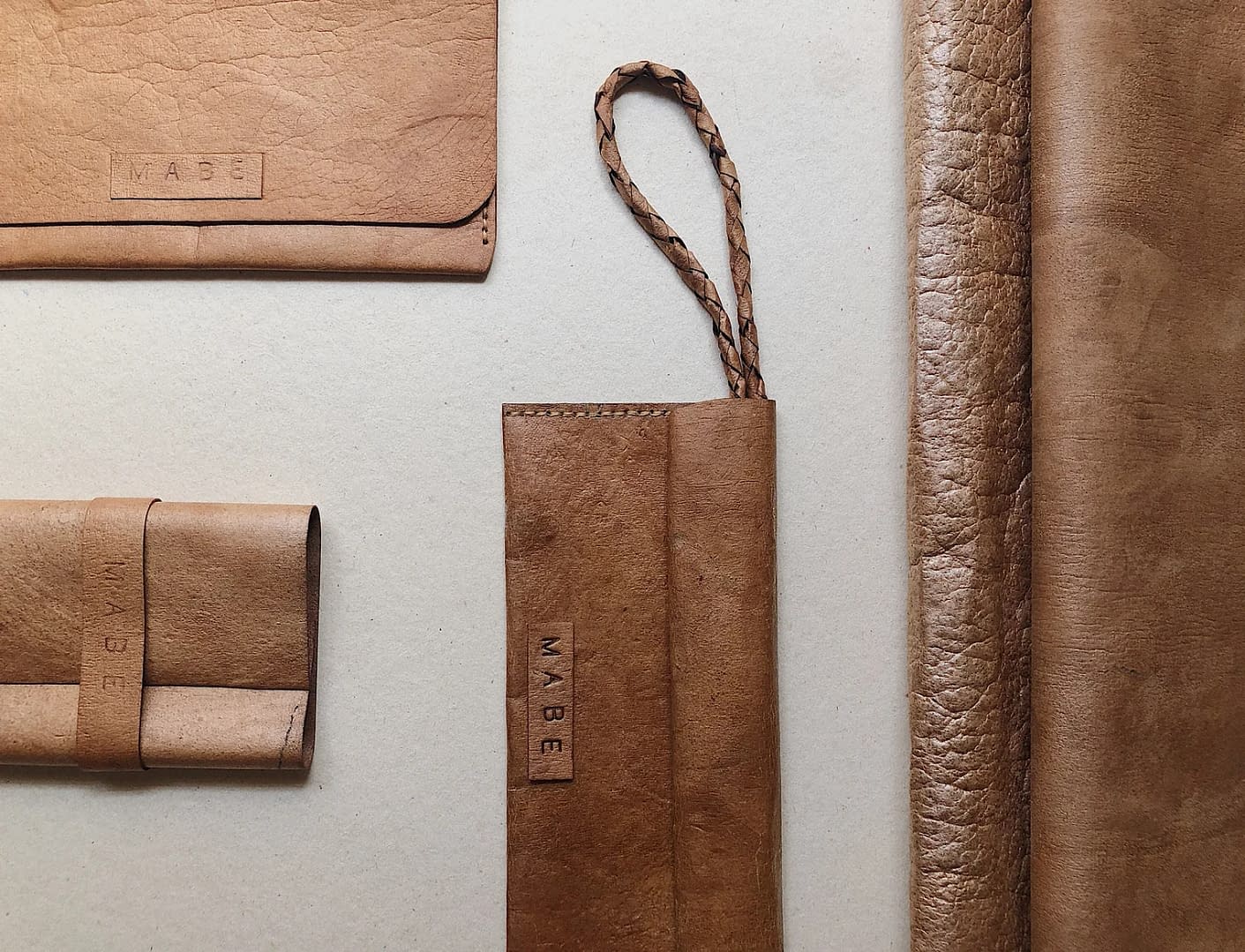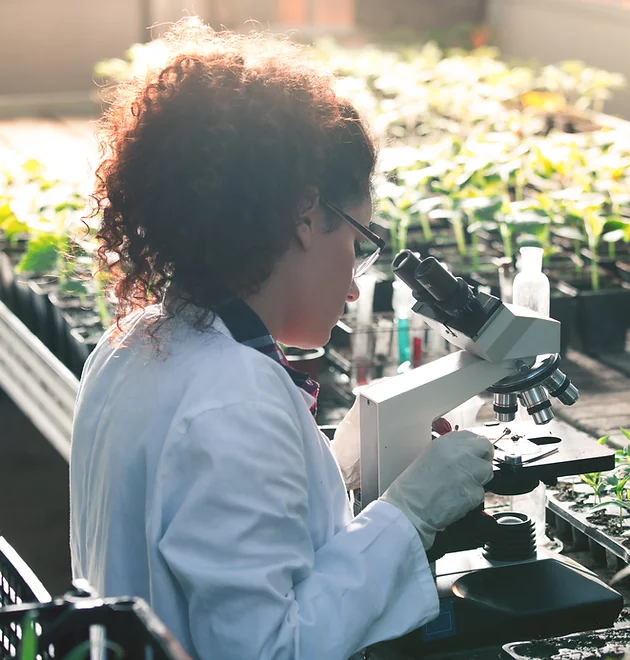At the center of the transformation of the fashion market today, Organic Leather emerges as a notable innovation, uniting technological specialization with Brazil's rich biodiversity. Considering that the textile industry is going through a revolution, in the search for more sustainable solutions. We will explore the fascinating world of Angico biofabric and Mabe Bio's efforts to transform plants into materials that not only mimic, but surpass the properties of animal leather.

The Power of Angico Biotissue
Angico biofabric represents a significant leap in the development of organic leathers and sustainable materials. Extracted from the Angico tree, native to Brazil, this material bears a remarkable resemblance to animal leather. However, its production does not involve processes that are harmful to the environment or the exploitation of animals. Mabe Bio, at the forefront of this innovation, has been pushing boundaries to bring to the market an eco-friendly and ethically responsible alternative to traditional leather.
The Transformation Process
The secret behind the success of Angico biofabric lies in the advanced transformation process developed by Mabe Bio. Using cutting-edge biotechnology techniques, the company is able to convert Angico tree fibers into a material that not only imitates, but enhances the characteristics of conventional leather. This innovative method not only reduces the carbon footprint but also eliminates ethical concerns associated with the leather industry.
Organic Leather: Guilt-Free Style
By choosing products made with organic leather, consumers no longer need to compromise their style in the name of sustainability. The options available on the market offer a wide range of textures, colors and styles, ensuring that sustainable fashion is not a limited choice. Mabe Bio not only meets the demand for high-quality products, but redefines the aesthetic standards of the fashion industry, proving that it is possible to have style without having a negative impact on the environment.
Environmental Benefits of Organic Leather
In addition to the obvious ethical advantage, organic leather has significant environmental benefits. Conventional leather production is associated with harmful emissions, deforestation and intensive resource use. In contrast, Mabe Bio's Angico biofabric production preserves natural ecosystems, contributing to the conservation of biodiversity and reducing pressure on scarce resources.

The Paradigm Shift in the Textile Industry with Organic Leather
The introduction of organic leather is not only a response to environmental concerns, but also represents a paradigm shift in the textile industry. Visionary brands are embracing this innovation, recognizing that sustainability is no longer an option, but a necessity. As consumers become more aware, the demand for products that respect the environment and animals is growing, and organic leather emerges as a solution that meets these expectations.
The Growing Acceptance of Organic Leather
The market is witnessing a growing acceptance of organic leather. Renowned brands are incorporating this material into their lines, and designers are exploring the creative possibilities it offers. Awareness about the negative impacts of traditional leather production is driving this change, and consumers are increasingly willing to make choices that reflect their sustainability values.
Biological Leather: A Quiet Revolution
In conclusion, organic leather is not just an alternative, but a silent revolution in the textile industry. Finally, the combination of cutting-edge technology and the richness of Brazilian biodiversity is transforming the future of fashion in a sustainable and ethical way. Mabe Bio is at the forefront of this transformation, offering not just products, but a commitment to a greener future.
My talent is helping entrepreneurs create their brands It is websites professionals, to have their own lives and become increasingly stronger in the market. Creatively conceptualizing in an authentic way. Building new spaces in digital and physical channels. And executing strategic actions to marketing with IF THE to achieve results.